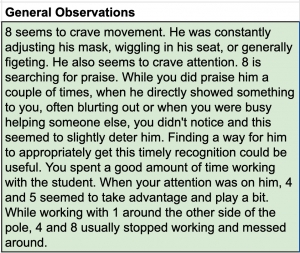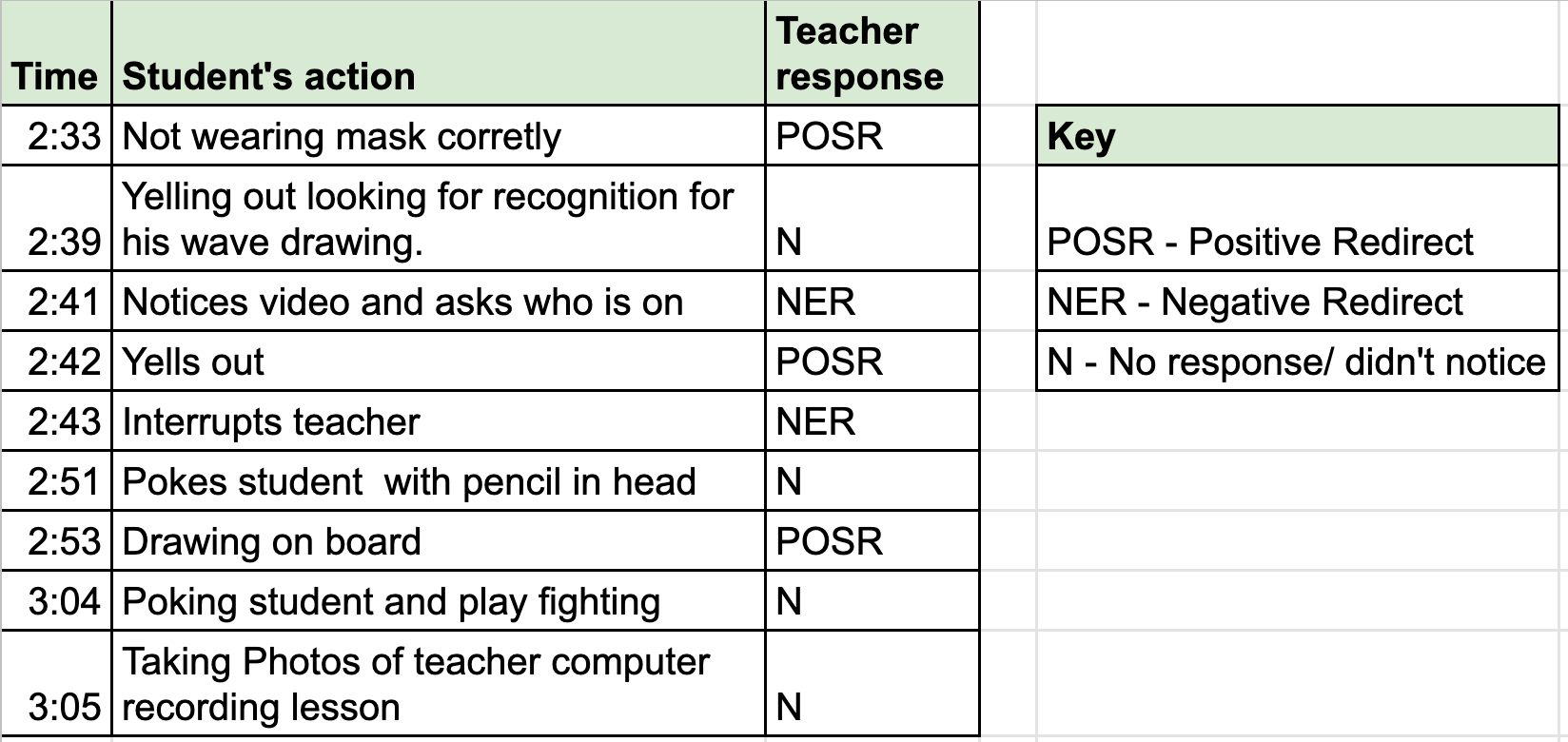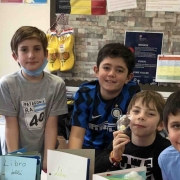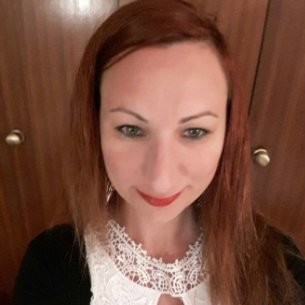Susan Stewart
Head of Multilingualism at The International School of London and ECIS MLIE Chair (Multilingual Learning in International Education)
What do international teachers and students bring to our schools? In general, they come to us with a wide range of literacies, that is, they can express themselves, and possibly read and write in multiple languages. These teachers and students are also a rich source of cultural experiences. And possibly a more important question to ask ourselves, is in what state do these members of our communities leave us a few years later as they go onto a new international school or possibly returning back to their home country? Do we explicitly leverage our students’ linguistic and cultural resources for both their own academic and socio-emotional development, as well as enriching the school community?
Let us consider three (intertwined) questions:
- Why is it important to monitor our discourse and practice around languages and multilingualism?
- Why is this so important for our students and our schools?
- How can we take simple, cost-free steps to create a linguistically inclusive environment?
One of the most common statistics you will hear regarding international schools, and quoted on all our websites, is the number of nationalities present within a school. Whilst an interesting fact and an indication of the level of diversity, we cannot assume that a passport holder has proficiency in the nation’s official language or indeed any of the related cultural references. We have all met students who have spent little or no time in the country of their passport. I dream of the day in international schools where we no longer hear the question ‘Where do you come from?’ This question can perplex a large percentage of international school students and many a teacher. Indeed, it is an impossible question to answer for many people without using a ‘but’. How about we rather ask two simple questions: ‘Where have you lived?’ and ‘What languages do you speak?’. Further questions as to the type of school attended and the medium of instruction can allow us to build up a language portrait of the student which will be a lot more nuanced and accurate than ‘Where do you come from?’.
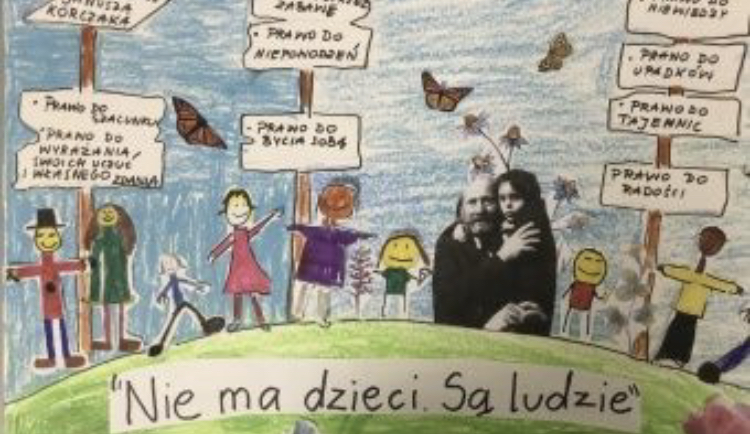
Another question we could consider avoiding is ‘What is your mother tongue?’. The term ‘mother tongue’ is confusing as it implies first of all that mothers are better sources of parenting languages than fathers. It also sometimes carries the assumption that it is a person’s strongest language, which is very often is not. And finally, the term mother tongue assumes that the child only has one language spoken within the home, which is not the reality for many of our students. How about adapting the question into ‘What languages do you speak at home?’ and then drilling down further to ask which language is spoken between mum, dad, and siblings, and any other member of the household. It is here that you will uncover more interesting facts, such as the child being spoken to in Fulani, but responding back to the parents in English. In fact, it is only when the family goes to Guinea in the summer that the children actively use Fulani, with the grandparents.
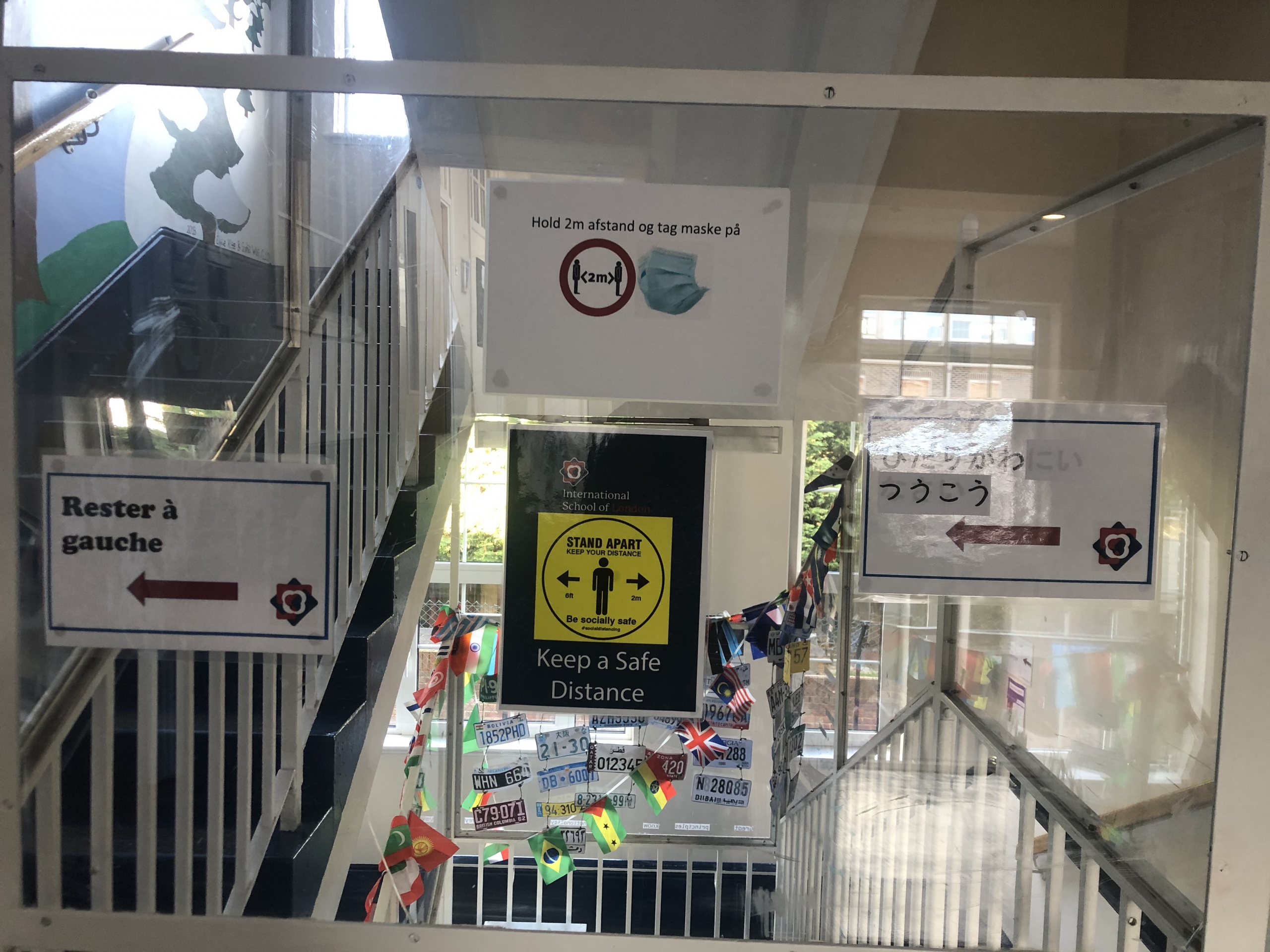
Parental attitudes towards languages are passed onto children but also find their way into the school ethos. A language that is claimed to be ‘just a dialect’ or ‘not useful’ (which most often means ‘not as useful as English’) will become a second-class, low-status language within the linguistic landscape of the school. A question to ask ourselves here, is ‘what is the moral responsibility of the school to correct these statements?’ as we would if we were to hear similar statements around gender or ethnicity. There are hidden languages in international schools, languages which our students use to express themselves on a daily basis at home, to build family ties and conceptual understanding, which are left at home or in the car park. Can we only rely on parental advocacy for home languages, or should we, as experts, also play a role in defending our students’ home languages?
Let’s also think about how we use flags and other symbols in our schools in association with languages. Seeing a red, white and blue tricolour flag with a friendly ‘bonjour’ outside a Kindergarten class is a wonderful way to welcome a new French student at the start of the year. But what does that same image do to the other French-speaking students, staff, and visitors to the school who might have grown up using French in Benin, Congo, Guinea, Algeria, Ivory Coast, and the other 29 African nations who use French alongside other languages, as well as Belgians, Luxembourgers, and Canadians? You can see a similar use of flags to label books in a school library. Here we are sending a message to the school community that certain varieties of a particular language are the standard, highly desired form of the language, and thus superior to other varieties.

The same can be said for the frequently heard parental requests that their child acquires a so-called ‘native-like accent in English in our schools. Just as we have little power over how a student looks physically, so it should be of little interest that we dwell on a student’s accent.
Inadvertently creating a hierarchy of languages or varieties of a particular language can only reinforce other negative attitudes towards certain members of a school community.
Something else to consider is the place of the host country language in your school? Is it even taught within the school? If so, is it because you are mandated to do so, or because you believe as a school that it is important to connect with your host country?
Which languages do you offer as acquisition/second languages? Is it the classic French, Spanish, and possibly Mandarin we seem to see in schools all over the world? Are there other languages that could afford more interesting opportunities for students to engage in authentic language exchanges either within the school or within the local community of the host country? At the ISL, we offer our Grade 6s the opportunity every year to study British Sign Language, which opens their eyes to a language within the host country. When this same group of students was recently asked which languages they would like to know more about, an overwhelmingly large number expressed interest in Japanese and Arabic. Why? Because we happen to have a relatively significant number of Arabic and Japanese speaking students in our school. This was a heart-warming example of linguistic curiosity and respect.

Why is it important to reflect on the need to find a space for every language in our school? The first principle is that we should never view a student through a narrow lens, though the lens of only one of their languages. Imagine if you, with your teacher qualification, possibly a Masters or Ph.D. also attached to your name, as well as countless years of experience in international schools in Europe and North America, imagine you went to work in a school in Asia, where you needed to work in the local language, within the local expectations of teaching and learning. Your Ph.D. is not recognised in this new school as it does not conform to local requirements. You are learning the new language, but you are not allowed to use English at all to build an understanding of how the language works. Everything is explained to you in the new language. And so, you are left with no other choice than to work really hard to become proficient and literate in the new language and new ways of teaching to be able to function in this school. By ignoring your literacy in English as well as your expertise in education, you have not only been disregarded as someone who could offer new perspectives on things but also put at a disadvantage as a language learner.
What can schools do to move towards the creation of an equal space for every language? The first would be to ensure you have at least one expert linguist on staff who can work on creating a language policy that is put into practice across the whole school community. This should be evident when families have their first contact with the school in the admissions office, as well as in the staffroom, in the classroom, in the playground, and in all recruitment meetings.
Secondly, within this language policy, agree on common terminology around languages. Buried within an IBO document entitled ‘Ideal Libraries’ is possibly the best terminology out there, one which can capture the nuances mentioned above.
We can distinguish between:
- personal languages – languages that you speak without thinking too much, that are part of your everyday life, that you have a good degree of fluency in
- academic languages – you have literacy in these languages. This means that we can recognise that a student might have verbal or oral fluency in a language spoken in the home (a personal language), but not necessarily have literacy in that same language.
- functional languages – languages in which you can function (make yourself understood, order a drink).
These three terms allow us to speak with more nuance about a students’ language portraits, as well as recognising how their portraits change over time, for example, they might start at school using English as a functional language, which later becomes a personal language and an academic language.
The next thing to do would be to do a visual and auditory audit of the school environment? Is what you see or hear around the school contributing to languages being put in a hierarchy – are they being ranked in any way? In a recent initiative at ISL to display student-produced multilingual signage around school, it was interesting to see which languages students chose, which was sometimes a language they use in the home but also included some students advocating for their classmates and producing signage in Behasa, which is one of our hidden languages. Another student asked for permission to text her friend in her former international school in Nepal as she wanted to have a sign in Nepali on our walls. Giving such simple opportunities to students can open up new conversations about languages and increase a school’s respect of their linguistic diversity in interesting ways.
Our students come to our schools with complex, fluid, and dynamic cultural and linguistic repertoires. Let’s harness this richness for the benefit of the individual, the school community, or let’s be ambitious and think about what this could bring to the global network of international schools.
This article came out of a presentation delivered at the ECIS Leadership Conference in April 2021.
What do you think about the points raised in this article? We’d love to have your thoughts below.
ABOUT THE AUTHOR
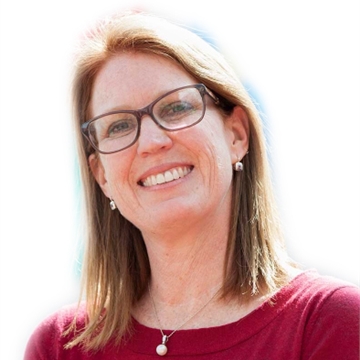
Susan Stewart is Head of Multilingualism at The International School of London and ECIS MLIE Chair (Multilingual Learning in International Education).
She has lived and worked in Thailand, the UAE, South Africa, Belgium, Oman, Sweden and the UK. She holds a degree in French & Linguistics from the University of South Africa and is currently completing a Masters in Applied Linguistics & Communication from Birkbeck, University of London. Susan’s role focuses on developing an understanding of students’ languages and cultural experiences, and then developing these further within and beyond the curriculum. Susan is the chair of the ECIS Multilingual Learning in International Education (MLIE) committee.
